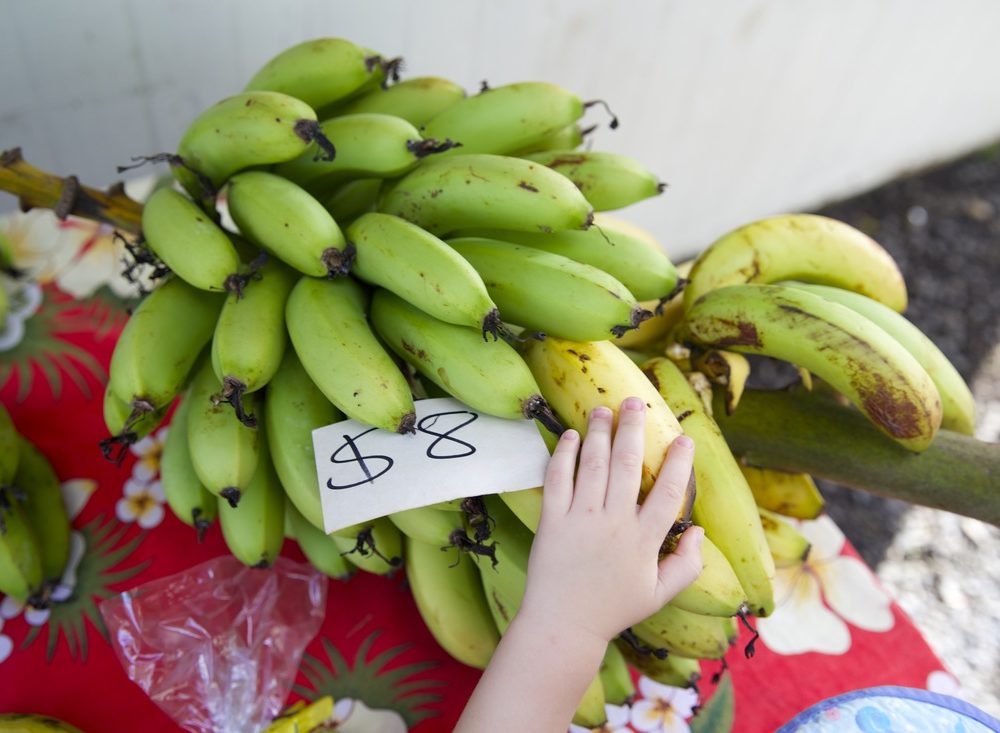
We are about to set off on another adventure with our mini nomads in tow, everyone is excited, especially our 3 year old Marli as she desperately decides which backpack she should take and what to put in it. We on the other hand, are considering all angles we need to cover for our adventure, especially this time as we are heading overseas!
As parents, there is always a thought that comes to mind when planning our adventures and choosing our destinations – safety. What if something went wrong? How can we ensure we will all be ok? How can we plan ahead to eliminate any possible risks? So with all this in mind I thought why not share some safety travel tips to help others before you head off on your next adventure, internationally, or within Australia.
Research
Ensure you are aware of the main risk factors of your destination and how these may affect you and your kids. When travelling within Australia this can be simple things like having a water source nearby e.g. the beach / pool with no fence, or the wildlife, e.g. snakes, spiders, dingos or dangerous sea creatures.
If travelling abroad make sure you know where you will be staying, is it a safe area, which hotels are recommended, do they speak English? How will you travel once you arrive? Do you need to travel with a car seat for your infant children? Where is the nearest consulate and hospital in case of an emergency? What currency do they use?
We recommend visiting www.smarttraveller.gov.au. You can also register your details and travel plans here to ensure you and your family have the best opportunities to reach you safely in case of an emergency.
Purchase travel insurance
Despite the most careful planning, some things can go wrong when you travel. The mantra – ‘it will never happen to me’ is not something you want to live by, especially when you have your children travelling with you, it is just not worth the risk. Travel insurance provides you with peace of mind knowing that you, your family and your valuables (depending on your level of cover) are protected if and when something may occur. Insurance is recommended not just for international adventures but also for domestic adventures too.
There are a number of travel insurers which provide cover to children under the age of 21 at no extra cost, so look around for the best deal. If you are using cover through your credit card provider be sure to check the details of the policy to make sure everything you need is included. For this trip we are covered by our friends at FastCover.
Travelling with babies
Be sure to understand what will be required when feeding your baby. If visiting another county what is their cultural approach to public breast feeding? Or if using formula you may need to bring your own formula, find out about the quality of water at your destination and consider how you will sterilise it. Can you purchase formula there and if not ensure you pack your supply between a few bags in case one bag is lost. We always like to seek out the local market when we arrive to stock up on things like bananas and avocados (fruit that can be peeled) for a fresh safe snack for our little ones.
Allergy Translation Cards
If you or your child has an allergy to something, a translation card can simplify ordering food in a restaurant. There may not be one word you can remember to explain your food intolerances, which is why a comprehensive translation can be useful.
ID Wrist Bands
As we have learnt, young kids are fast! They can run off and be lost in a crowd in the blink of an eye. While travelling you may want to have your kids wear a wrist band with your travel phone number and name inside it. You could simply buy a plastic, coloured wristband and write your number in permanent marker, or look up the range of ID bracelets available online. When travelling to a destination you can also create a ‘meeting point’ to go to if you do happen to get lost and if you have a large family a buddy system may also be a great way to keep everyone looking out for each other.
It is always a good idea to discuss personal safety with older children too. You could discuss stranger danger and remind them to never tell strangers where you’re staying or how long you’re staying there. While someone may ask well-meaning questions, not everyone has your best interests at heart.
Be realistic about activities
Planning a road trip around Australia? Or will you be hiking exploring New Zealand or the hills in Bali? Wherever you are travelling to keep in mind your child’s limits and be mindful about how long they can walk, sit still or stay outside in the heat/cold for. Remember travelling as a family can take longer than as a couple. You will most likely need more pit stops in between destinations. Exploring a city all day will perhaps not be possible, make sure you prioritise and include rest periods in your day.
Check out our travel with kids tips here for some helpful insights on car travel, snacks and more.
A First Aid Kit
Child Proofing
It is best to think about these things when arriving at a new location. Does your hotel room have a high balcony, maybe you need to remove the chairs or lock the doors? What items do you need to move up high etc. you could even travel with a baby gate or a porta cot to use as a make-shift safe play area.
Drinking Water & Food Safety
Prepare older kids for new rules about water – in many countries, you will only be able to use bottled water for drinking, cooking and brushing your teeth. It’s also a good idea to keep your mouth closed while showering. Getting your kids to practice this before travelling and explaining why they need to avoid local water can save a lot of tummy aches. Packing your child’s own water bottle is a good idea so they know they are allowed to drink from it.
Be wary of contaminated food. Food safety and hygiene rules may be a little more relaxed in some countries. Try to steer clear of anything you think may not be prepared fresh. Choose to eat at busy restaurants and do not ask for ice with your drinks if the local water is not safe to drink. As previously mentioned we always like to purchase or bring along some snack items for the kids. Whether they are fruit, muesli bars or rice crackers with a tube of vegemite, it means you always have something to offer them incase things do not go to plan.
Plane Flights and Stopovers
Happy Travels! All images owned by The Blonde Nomads ©
Pin this post to Pinterest
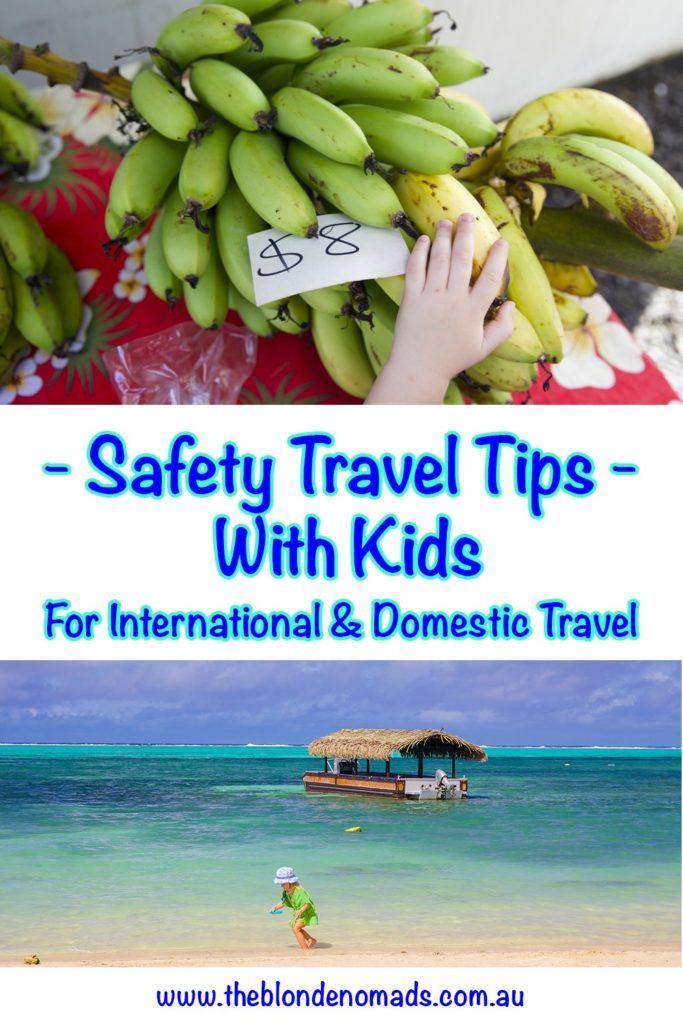
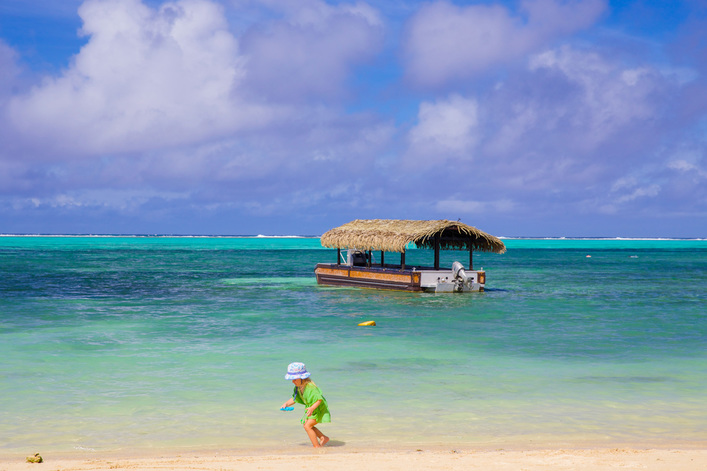
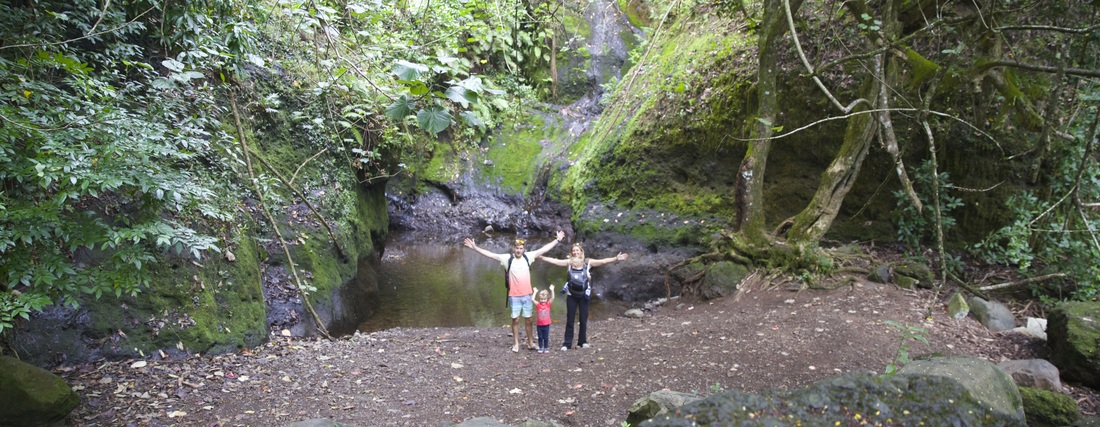
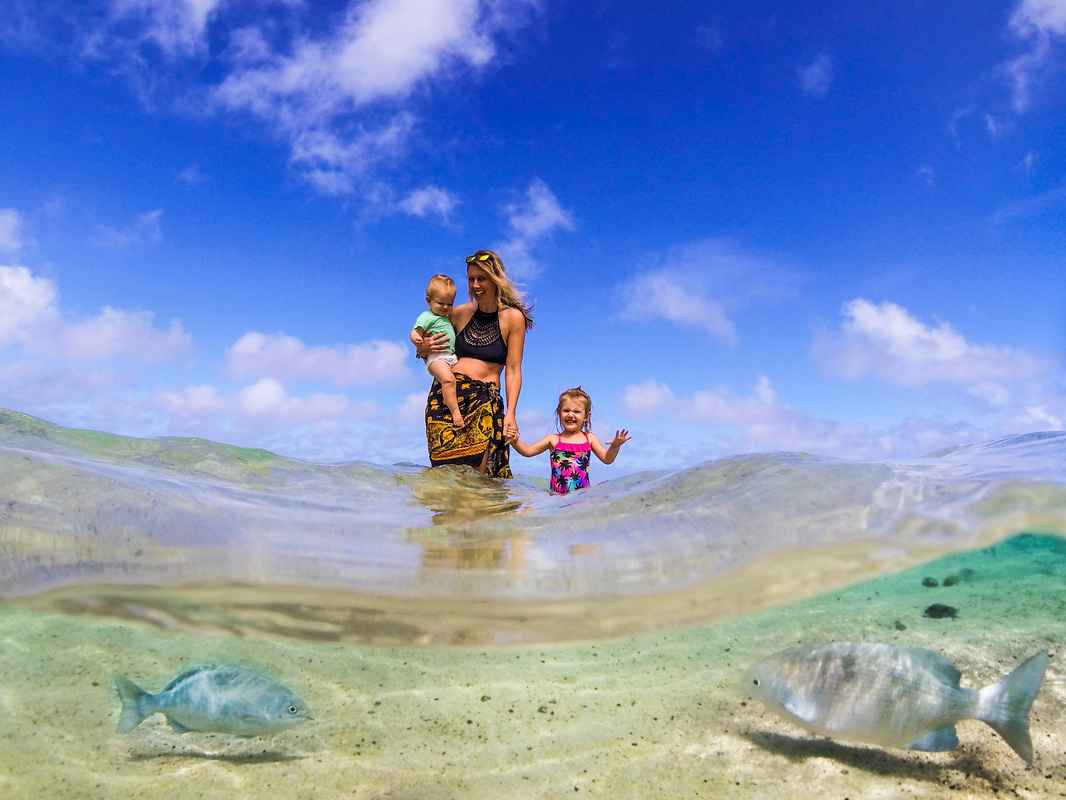
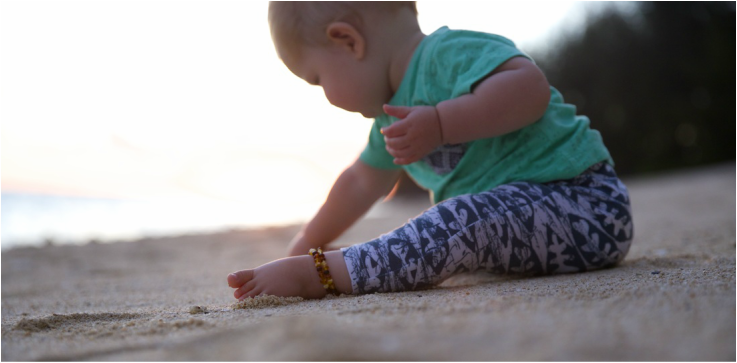
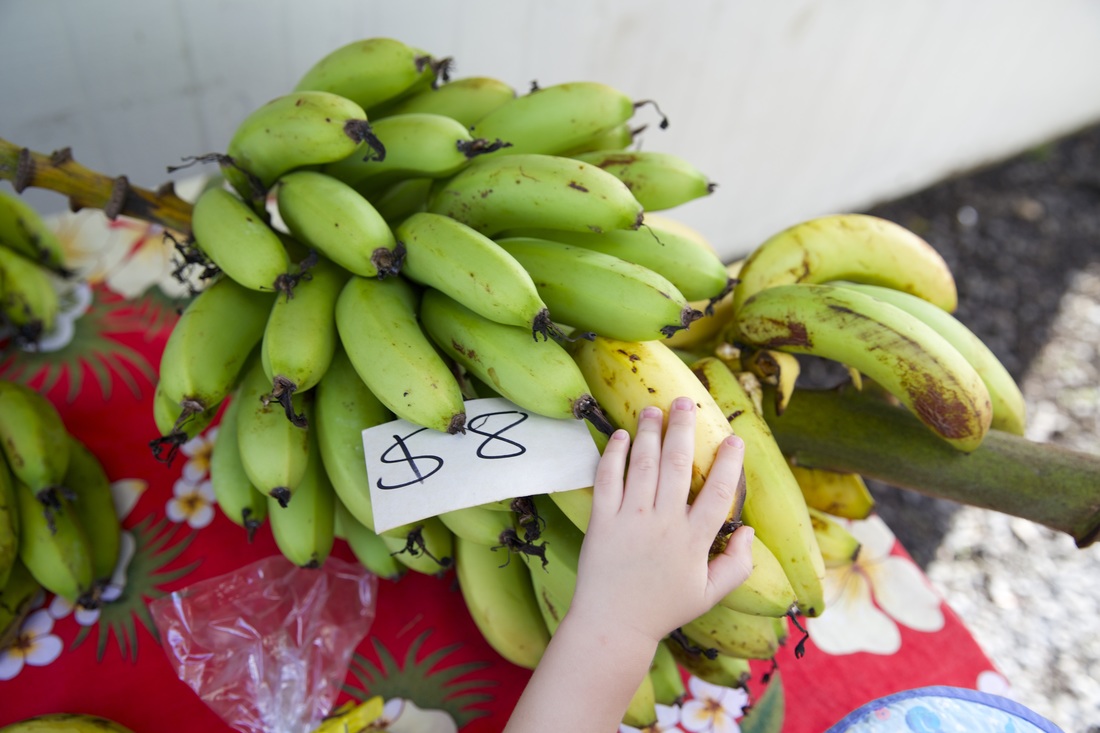
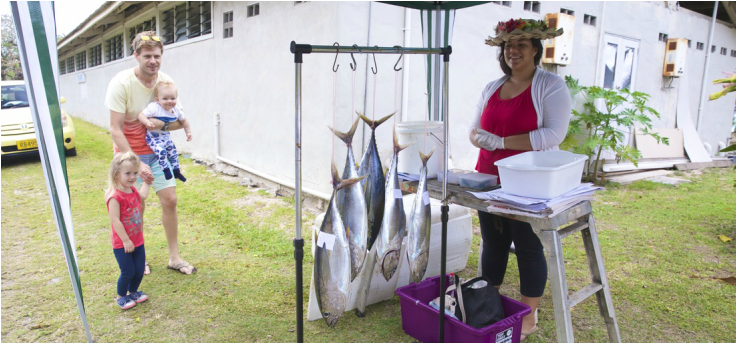
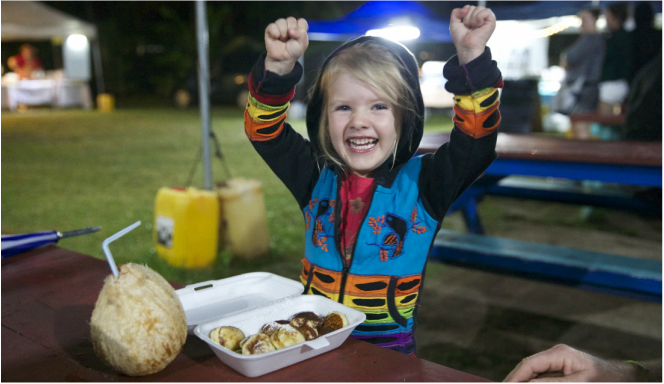
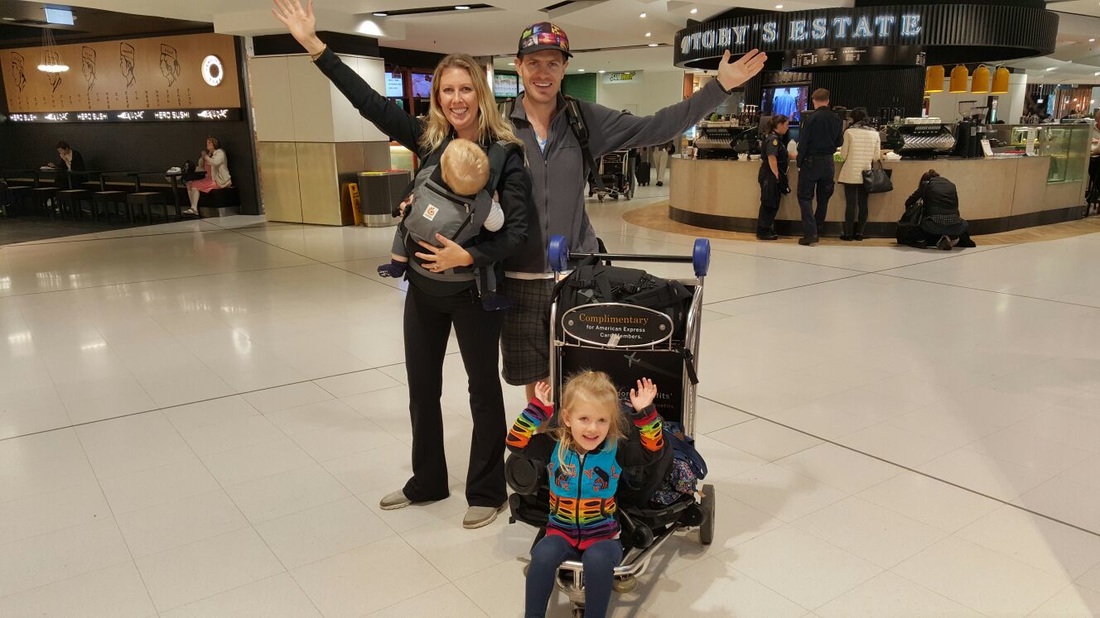
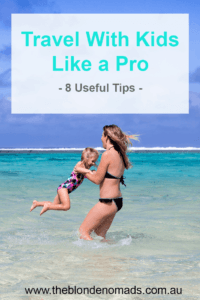
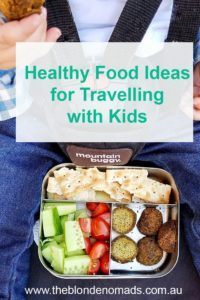
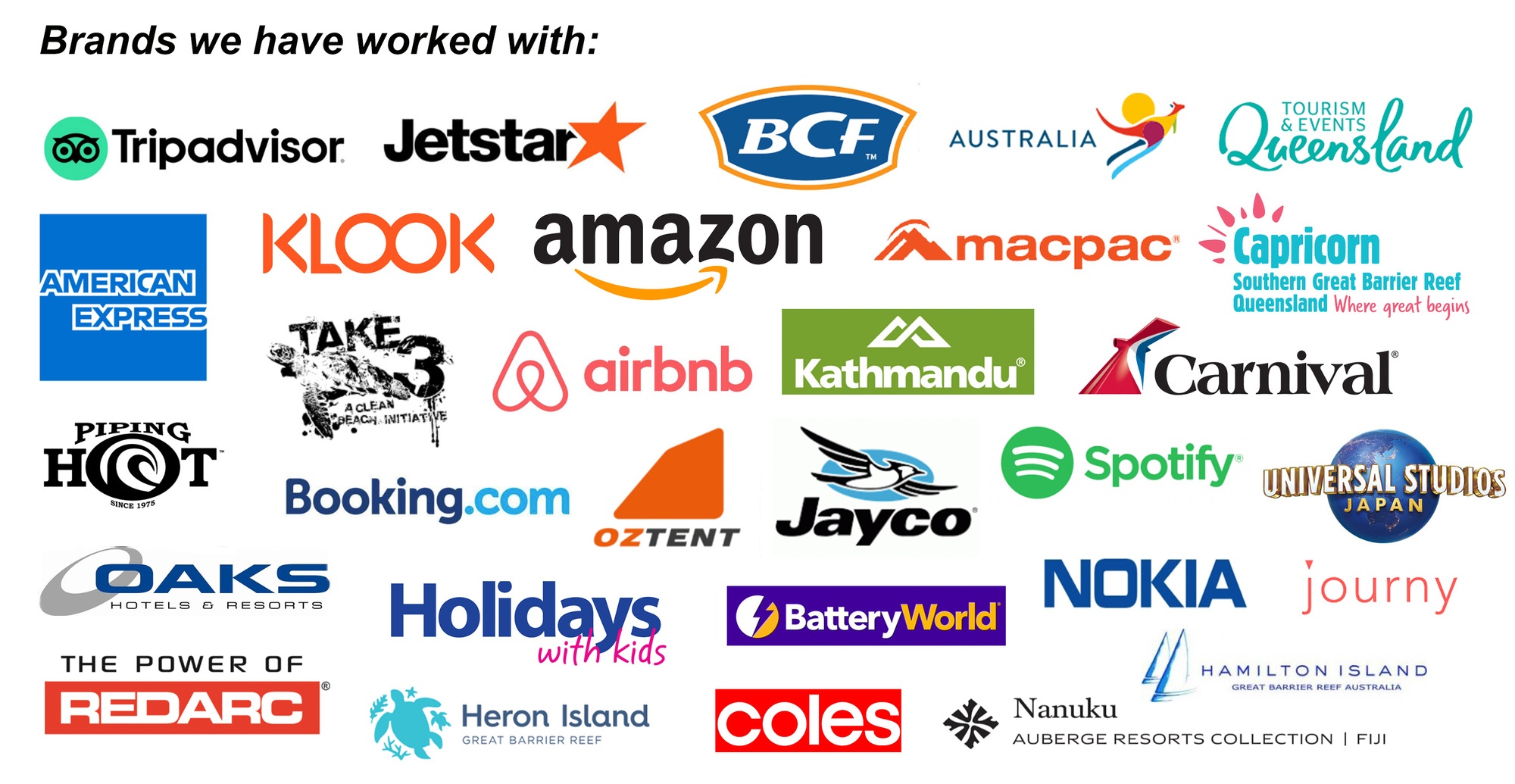
Leave a Reply